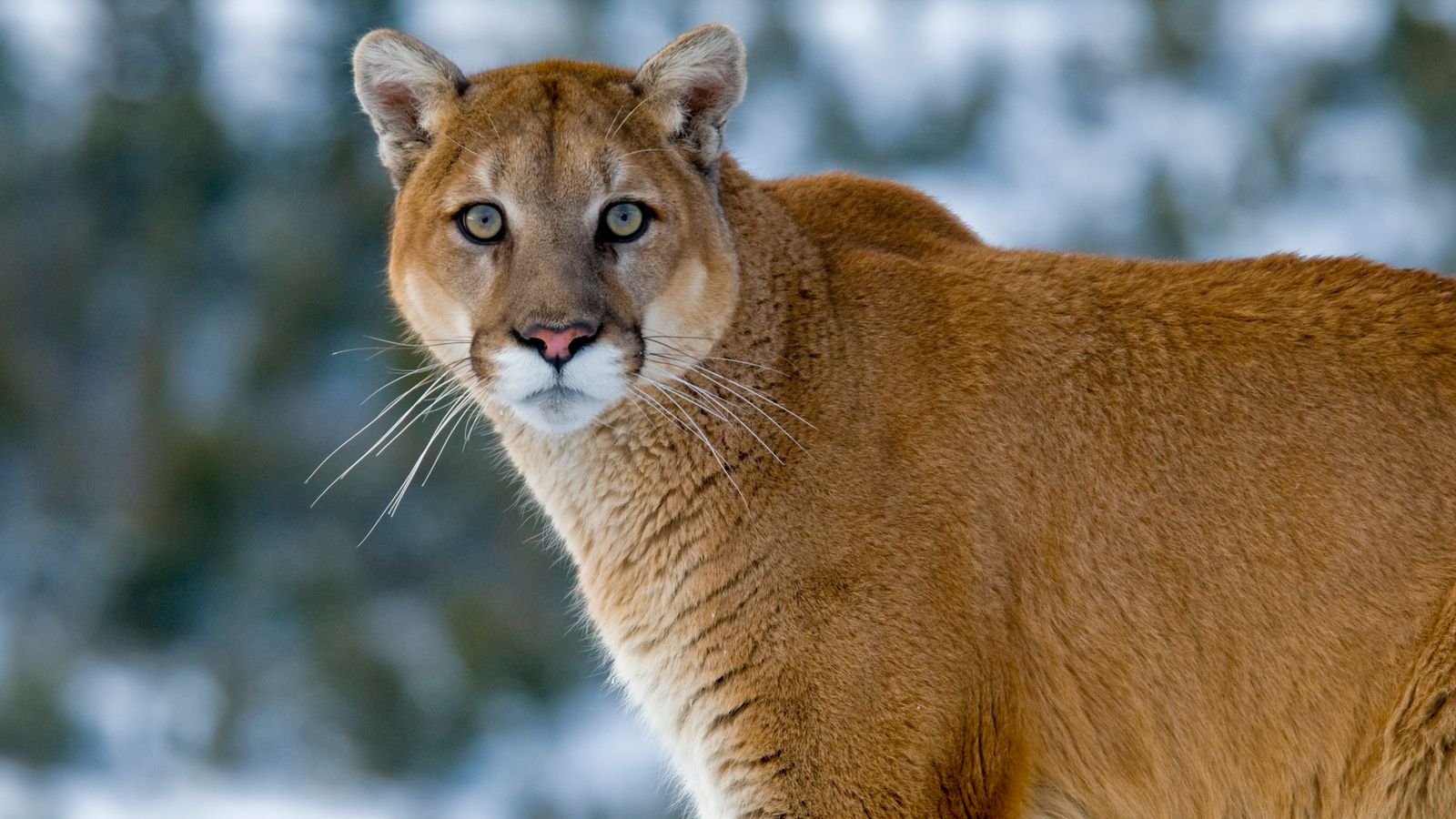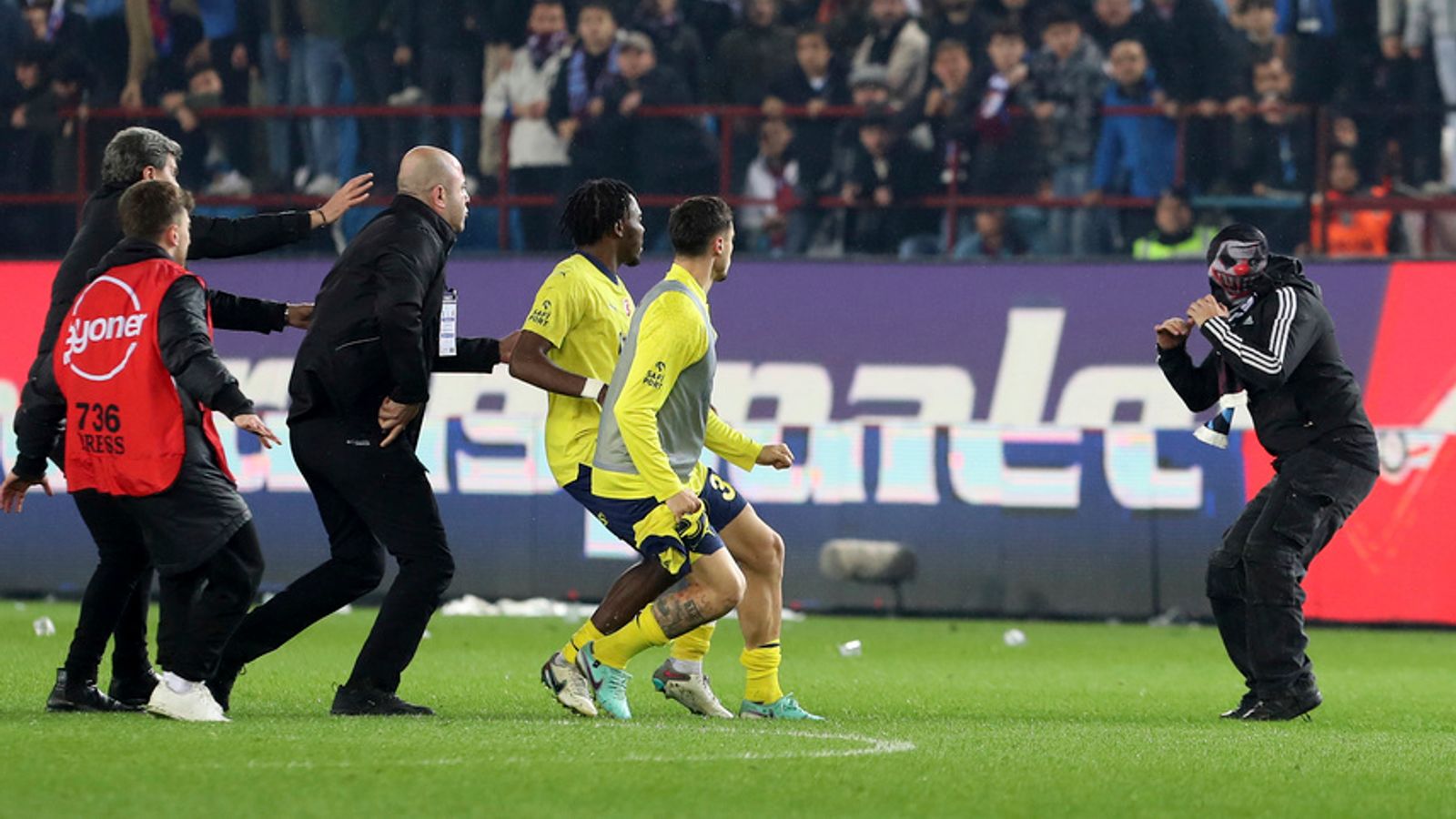A “heroic” group of cyclists in the US fought off a cougar for more than 15 minutes after it grabbed a woman in its jaws.
Keri Bergere, a member of the group, suffered neck and face injuries in the attack but escaped with her life thanks to her comrades.
The cyclists were riding on a trail in Washington state when a pair of the big cats, also known as mountain lions, suddenly ran up.
One of the animals then grabbed Ms Bergere and dragged her off her bicycle.
It happened on 17 February but details of the struggle have only now been revealed in a TV interview.
“I just remember getting tackled from this side and ending up at the other side of the road pinned to the ground and hearing all the ladies rallying and fighting for my life,” Ms Bergere told KING, an affiliate of NBC News, Sky News’ US partner network.
The other cougar ran into the hills, while the four riders with Ms Bergere mounted a counterattack to save her from the grips of the attacker’s jaws – which at that point were around her face and exerting pressure.
“Erica and Tisch come over with sticks and a rock and we’re hand-to-hand combat-battling this thing,” fellow rider Annie Bilotta said.
Cougars use the powerful force of their jaws to crush the skulls, neck bones and windpipes of prey, experts say.
For a time it seemed that the 34kg cat would not relent, despite Ms Bergere also fighting back by poking at the creature’s eyes and nose, she said.
But about 15 minutes into the saga, the cyclists said, the cat weakened its pressure on her and she was able to slip her face out of its jaws.
The group then managed to pin the mountain lion down with a bicycle while they waited for help to arrive.
Be the first to get Breaking News
Install the Sky News app for free
Read more from Sky News:
Man dies after falling from hot air balloon
Putin claims election victory
Dame Laura Kenny retires from cycling
Officers from the Washington Department of Fish and Wildlife later arrived on the scene and shot dead the animal. Officials have concluded the animal had no diseases or abnormalities that might have contributed to its behaviour.
“We may have had a very different outcome without their heroic efforts,” the department’s Lieutenant Erik Olson said of Ms Bergere’s friends.







